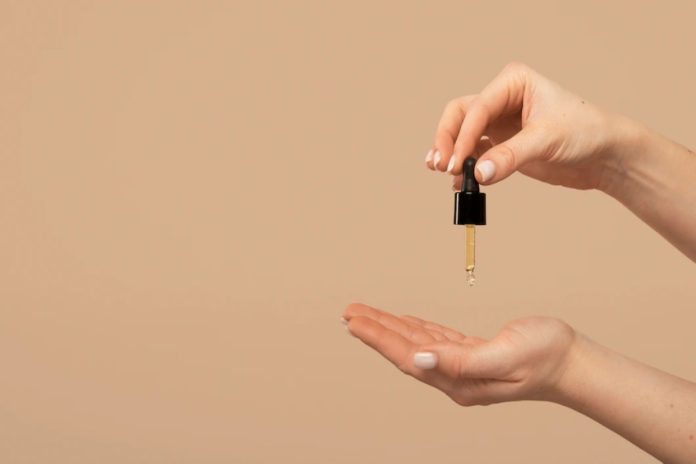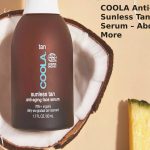There are many different problems our skin can face: aging, dryness, acne, etc. It can be hard to decide on a way to treat these skin problems, but one of the helpful treatments available is serums.
What are Serums?
Serums are skin care products that are formulated to be readily absorbed into the skin. They are made up of small molecules that work to deliver concentrated active ingredients into the layers of our skin to treat different conditions.
Serums are to be used on your face, and they boost the health and vibrancy of your skin. They are typically used once a day, but different brands may have different recommendations.
Types and Benefits of Serums
There are different types of serums available, and each one works differently and provides different benefits for your skin.
Exfoliating
Exfoliating serums have enzymes or acids that work to dissolve the bonds between skin cells. This creates skin cell shedding, which ultimately creates a smoother skin texture and a useful glow due to newer cells. Exfoliating serums can range in strength, and those that contain enzymes are the gentlest on the skin.
Exfoliating serums contain two types of acids, AHA and BHA. BHA is commonly used for acne because it penetrates into the pores the deepest, while AHA can be the strongest and can promote skin flaking and peeling.
In an exfoliating serum, you’ll want to see these ingredients listed:
- Retinols/Retinoids (AHA)
- Glycolic Acid (AHA)
- Lactic Acid (AHA)
- Salicylic Acid (BHA)
- Malic
Hydrating Serums
If your skin is feeling particularly dry, you’ll want to use a hydrating serum. Emollient ingredients help soften and soothe the skin, and that’s what hydrating serums incorporate and use. A common hydrating ingredient is aloe, as well as hyaluronic acid and tremella.
These ingredients hydrate your skin to give it the moisture it needs to leave you glowing. There are also hyaluronic acid serums strongly based around the acid.
Problem-Prone Skin
If you have oily skin that is acne prone, there is a serum available for you. These serums incorporate combinations of ingredients specifically for acne and problem skin. The purpose of these types of serums is to dissolve extra sebum, which is the oil produced by the skin, and exfoliate the top layers of the skin to prevent pore clogging through shedding.
Serums for problems prone skin typically have a combination of enzymes and Aha and BHA exfoliators.
Brightening
Brightening serums are for skin that looks particularly dull or has darker patches. Melanocytes are melanin-producing cells that give coloring to your skin, and brightening serums incorporate extracts that are known to influence the melanocytes of the skin. Brightening ingredients help inhibit melanin responses and brighten inconsistencies in the skin from conditions like melasma, sun damage, hormonal changes, or age spots. Sometimes brightening serums also incorporate exfoliating ingredients to encourage the skin to shed the pigmented layers.
In brightening serums, you’re going to want to see ingredients like these:
- Kojic Acid – acts as an inhibitor sp cells don’t produce melanin
- Vitamin C – an antioxidant that fights skin aging and darkening
- Arbutin – from the Bearberry plant, a brightener for the skin
Anti-aging
Anti-aging serums usually incorporate different combinations of different serums plus other ingredients like peptides and stem cells, which work to boost overall skin strength and support cell health and function. This helps boost the skin’s ability to fight natural breakdown from age.
Ingredients to look for:
- Peptides
- Antioxidants (Vitamin C, Green Tea, Retinol)
- Essential Oils
Many of these serums cannot be used simultaneously, so it’s highly recommended to distinguish your primary skin concern and treat it before switching to treatment for another condition.





















